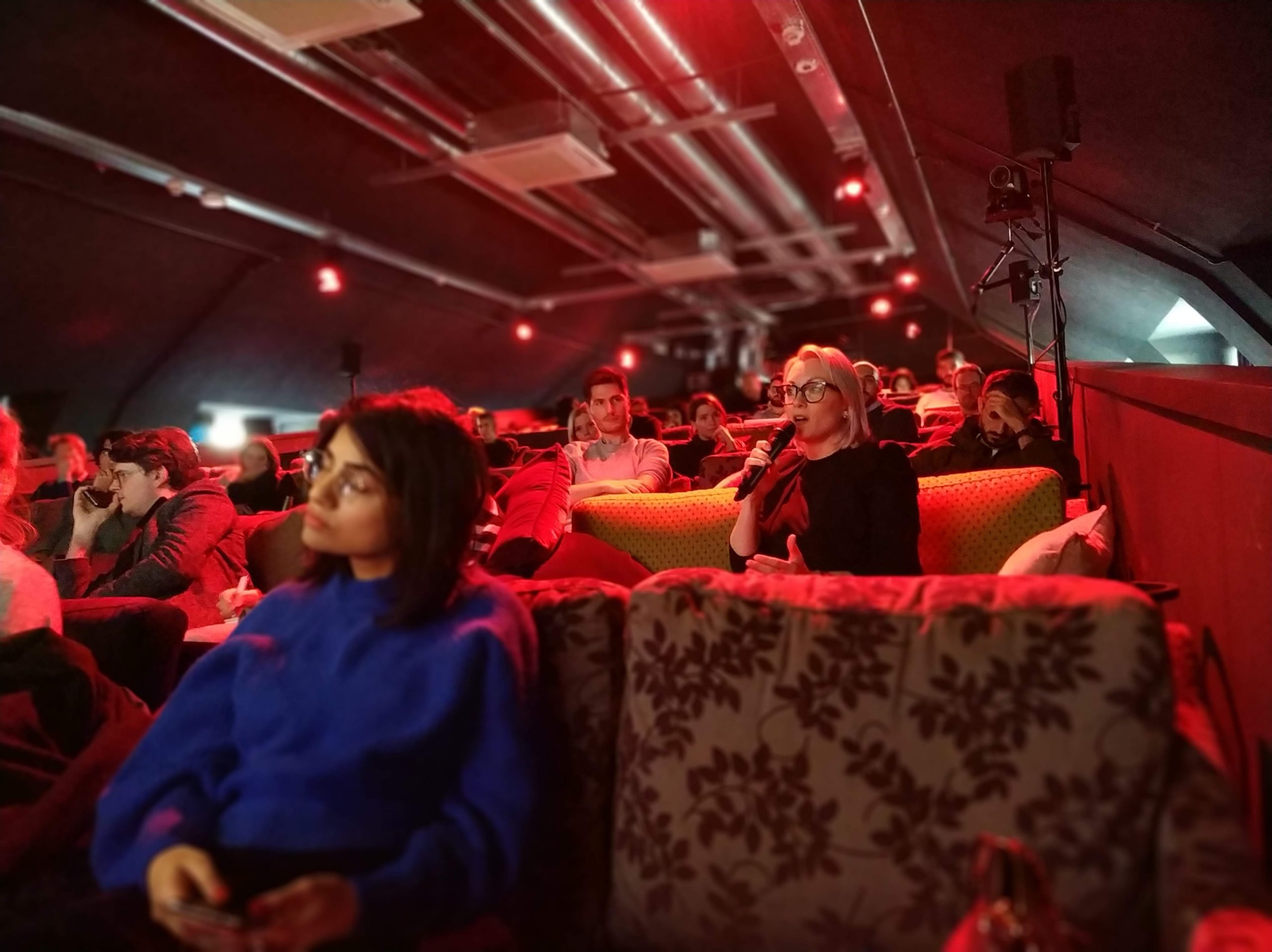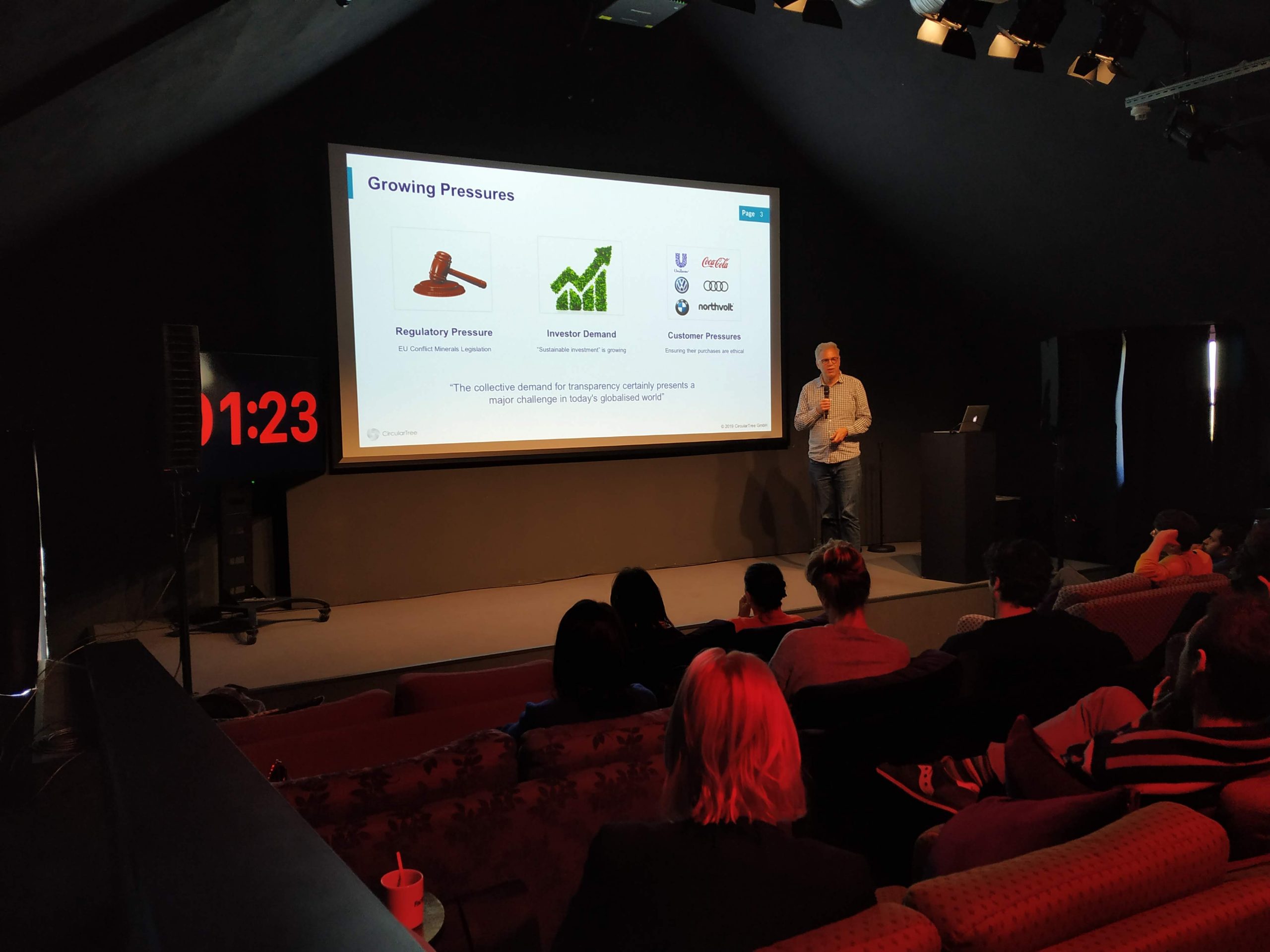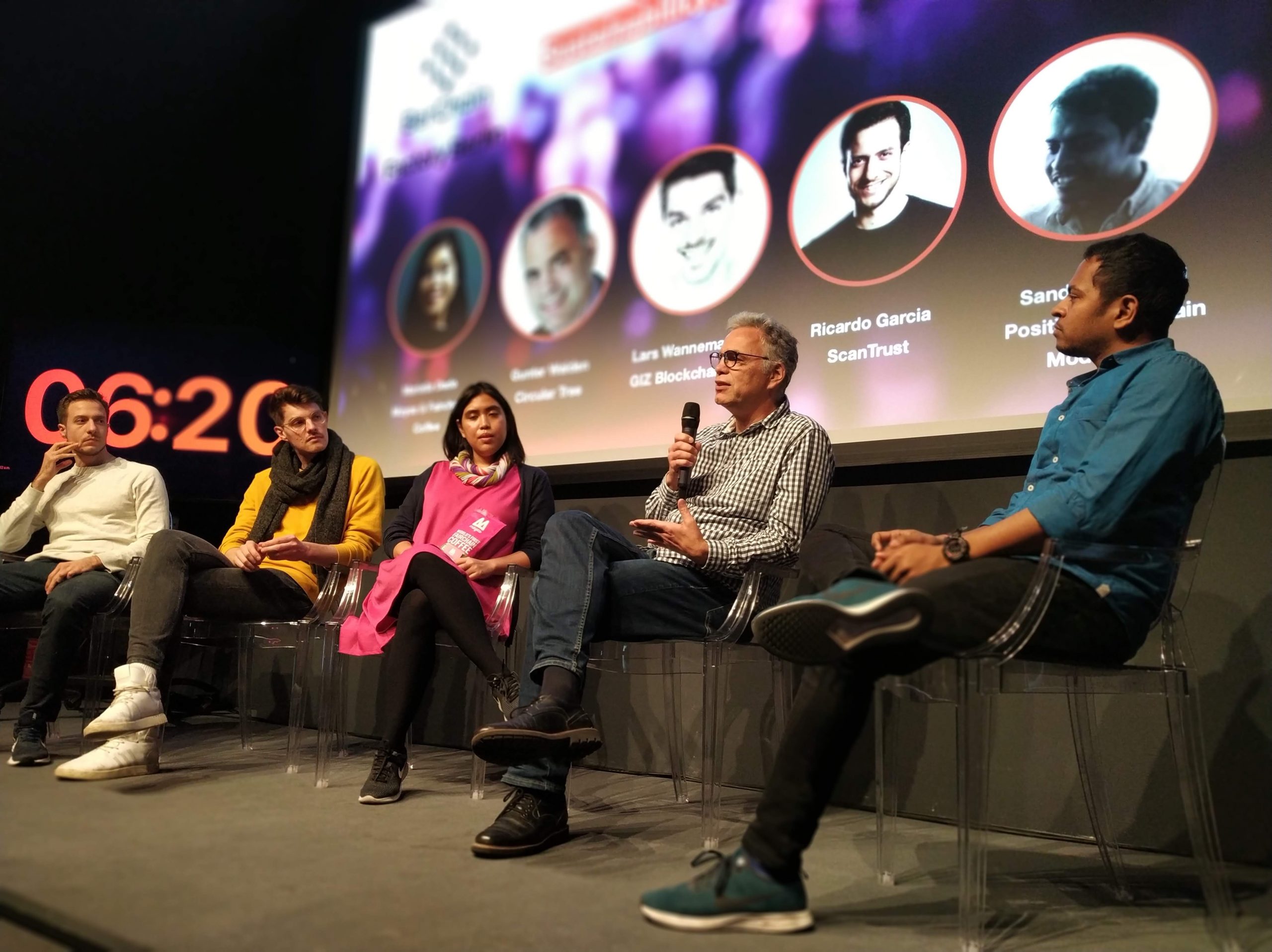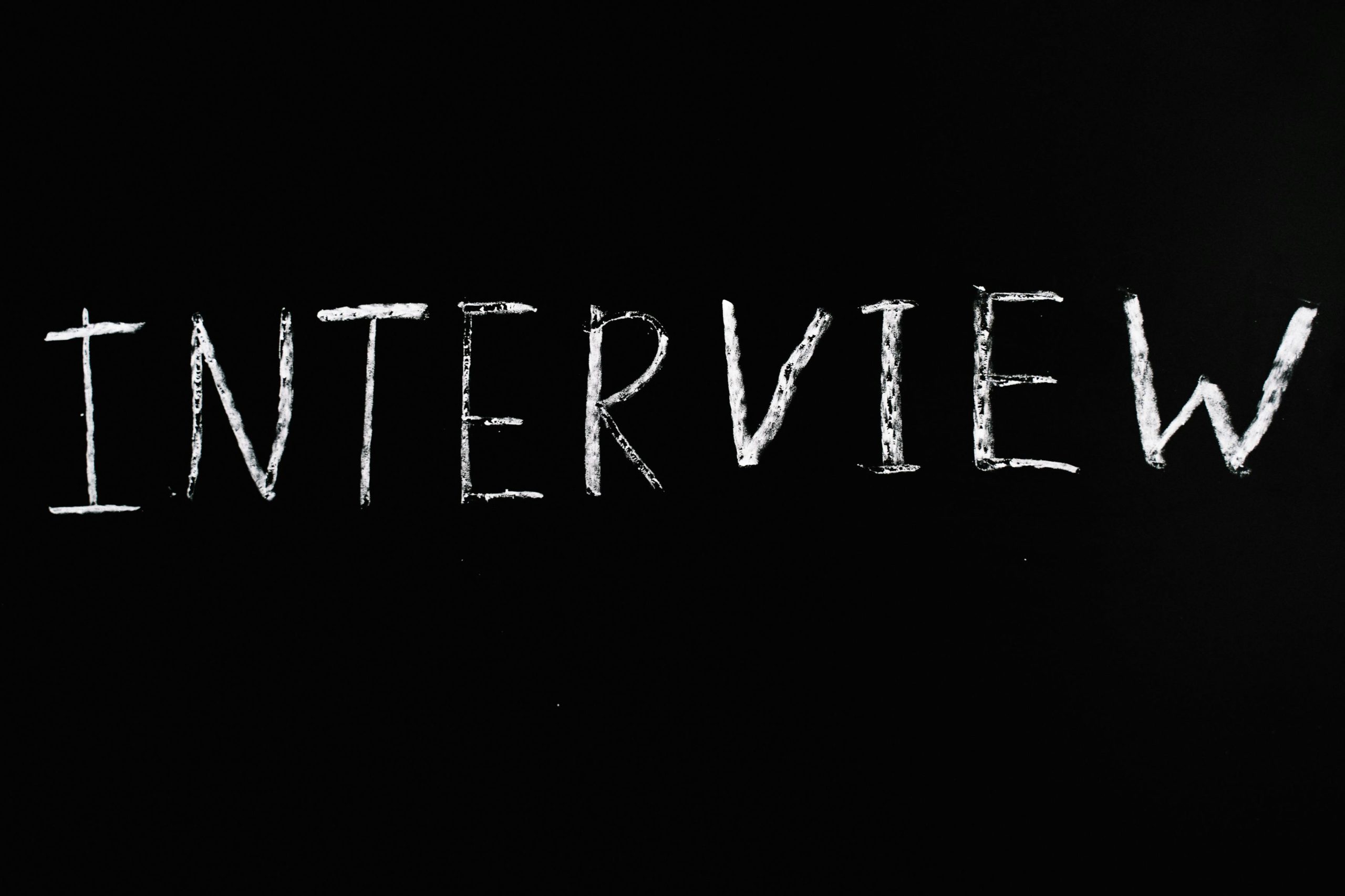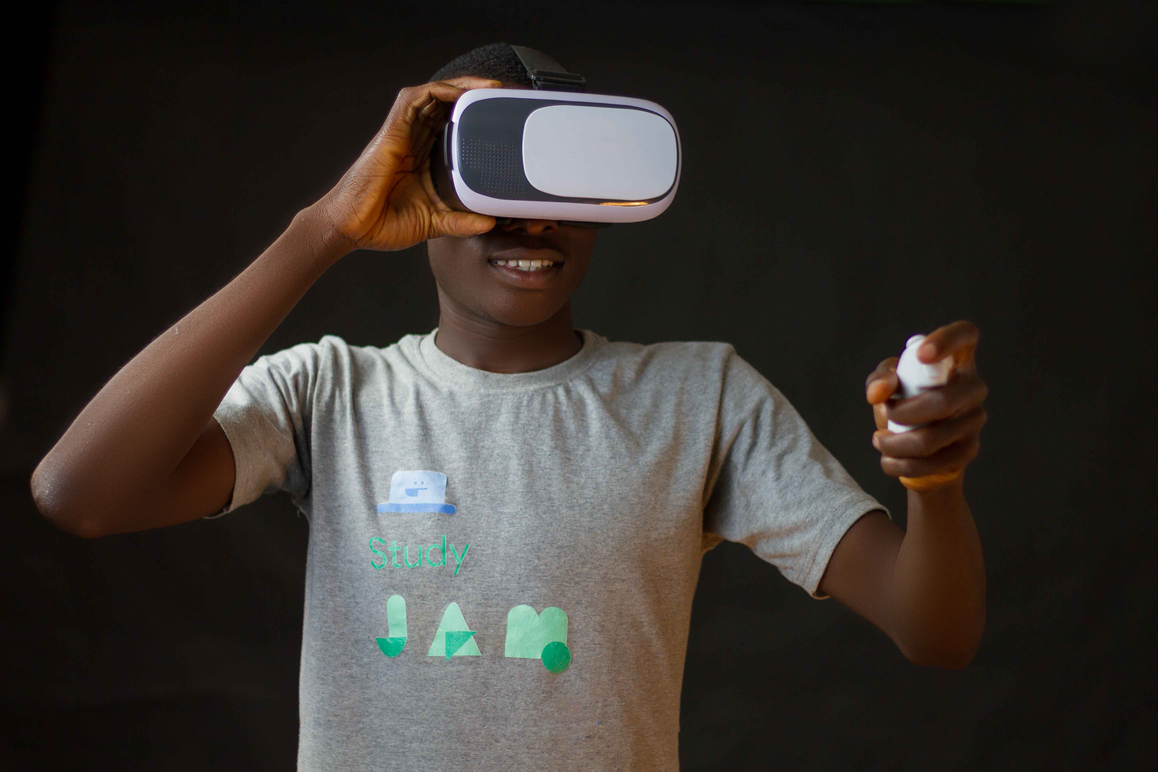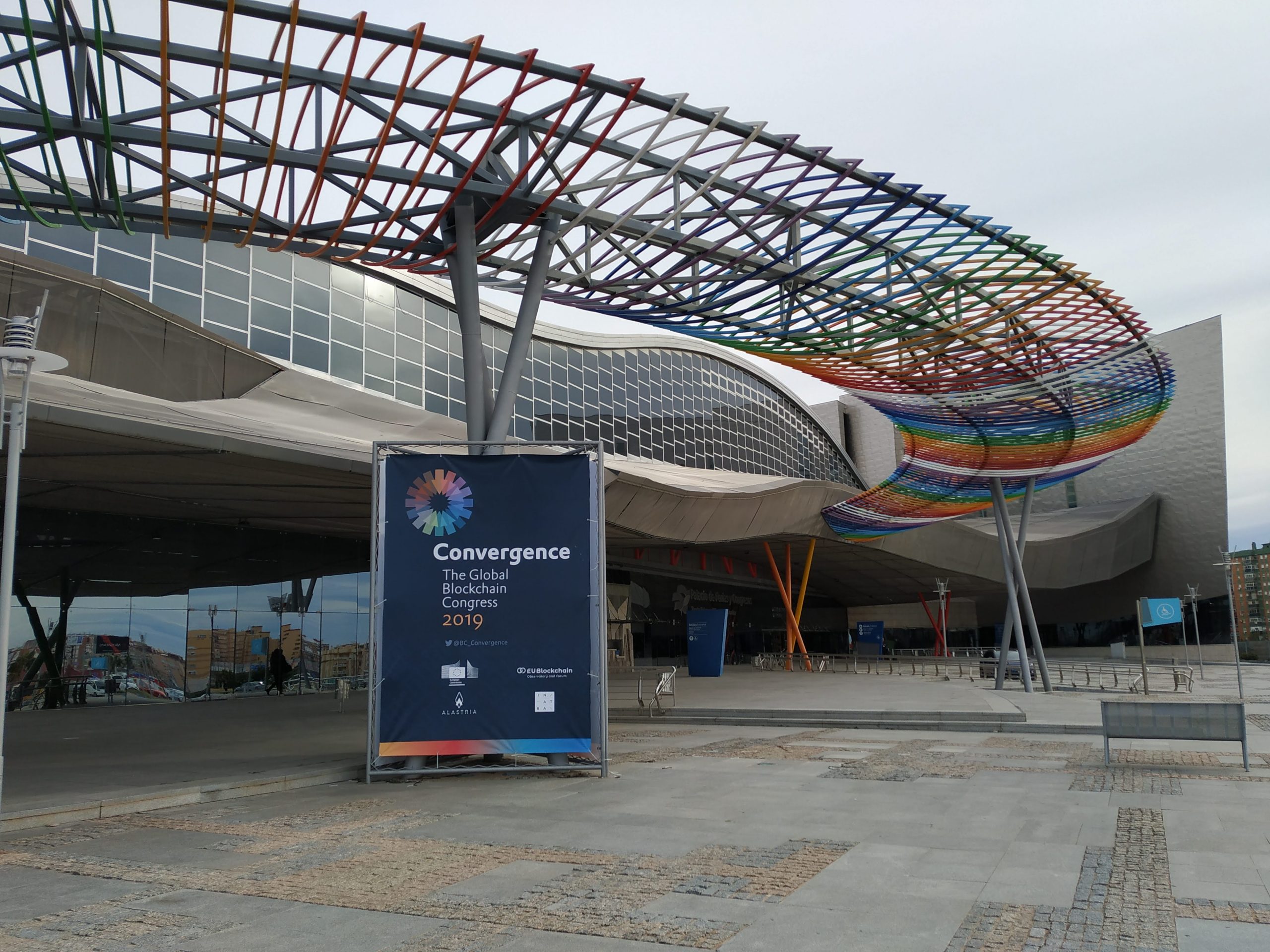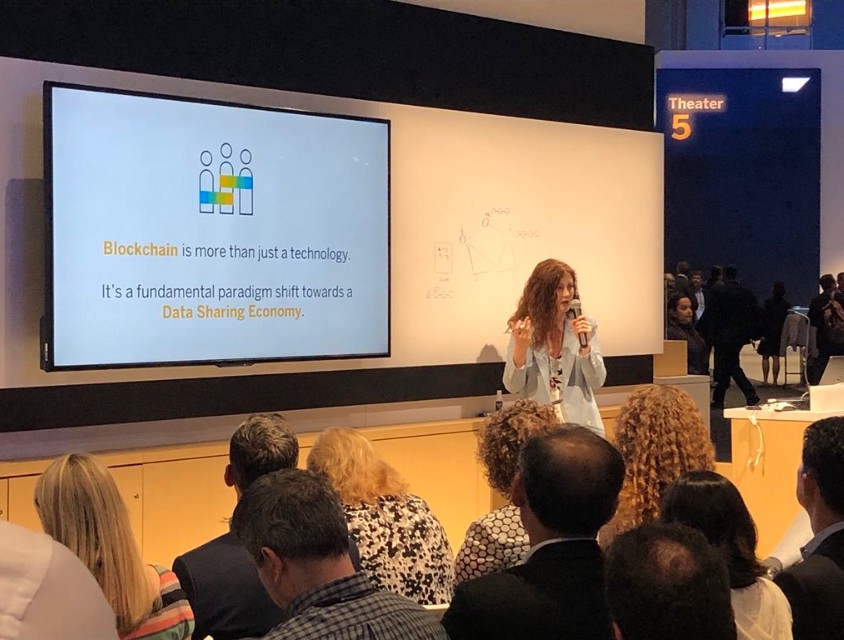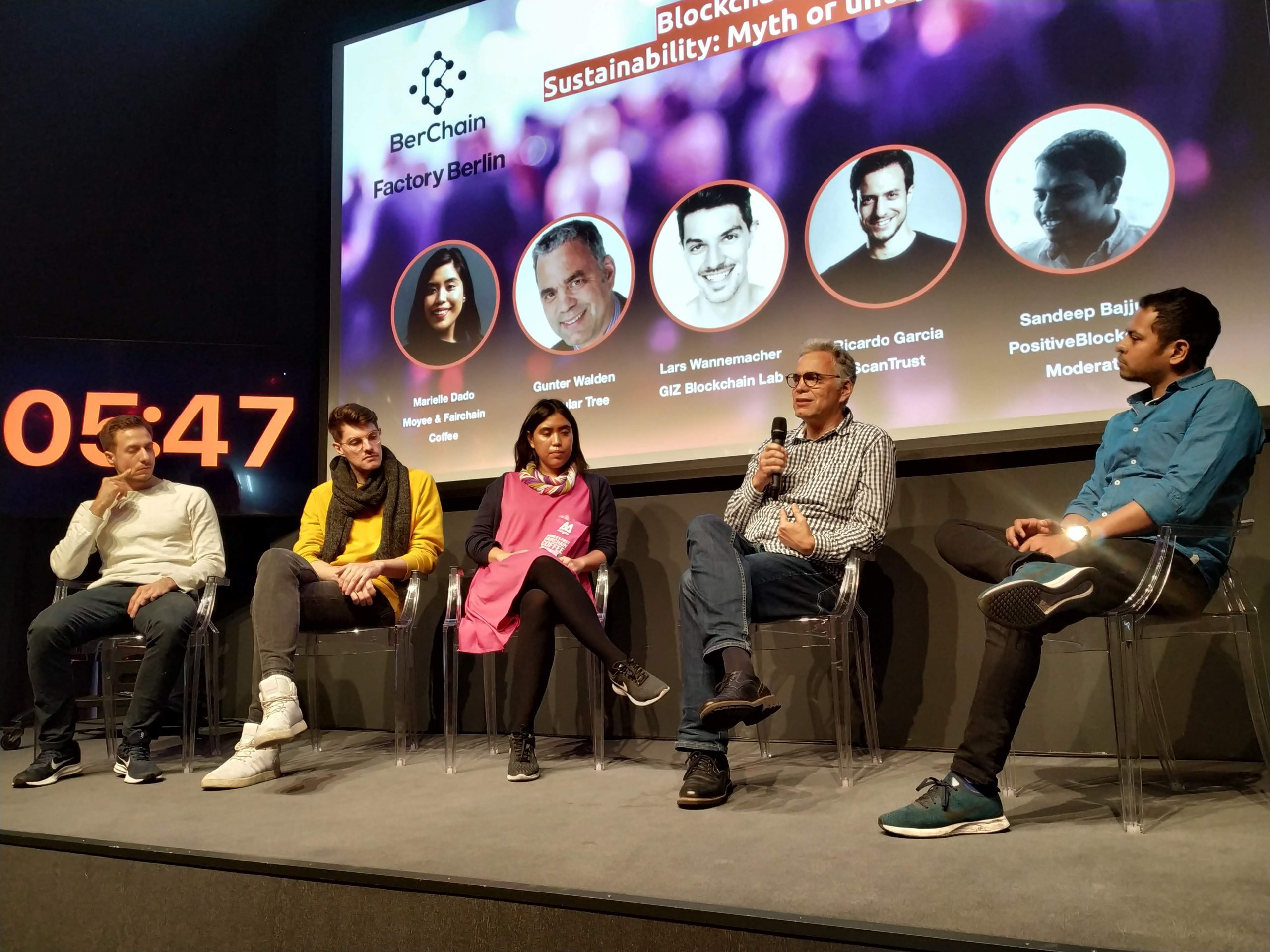
Sustainability through Blockchain: Myth or Untapped Potential?
Sustainability is a word often used in conjunction with global social issues such as climate change, resource exhaustion and conscious consumer choices. It is actually a huge part of all of the above phenomena and is really a word for how the future should look like when it comes to products, manufacturing, consumption and waste management; one business defines sustainability as ‘making the future, the cause of the present.’
While sustainability and what it means to have a sustainable business can have an entire book (or in this case a blog article) written about it, the questions we pose are around whether the use of Blockchain technology has any real potential when it comes to building more sustainable businesses, products or improving consumer choices.
On 30th October, some of these interesting questions around Sustainability through Blockchain were raised at a regular edition of Factory Berlin’s Blockchain Brunch, to understand whether the connection between the two terms is more of a hype or whether Blockchain has some real potential in resolving, scaling up and providing an answer to sustainable businesses and practices. The format of the Brunch consisted of pitches by 4 companies of 2.5 mins each, followed by a panel discussion which generated a lot of interest and questions from the audience.
One thing that jumped out during the pitches and ensuing discussions was that Blockchain does seem to have significant potential when it comes to ensuring traceability, transparency and building of more sustainable global supply chains. Companies such as ScanTrust, CircularTree and Moyee Coffee are already actively using blockchain to make their clients or their own supply chains more fair and compliant with data that is secure, immutable, time stamped and can be trusted at a level which is not the norm for traditional or even highly digitized supply chain tracking.
Through the use of Blockchain, product information becomes more reliable, trustworthy and accurate for all participants across an entire supply chain – not only for the producers, manufacturers and brands, but most of all for the consumers buying the end product. How is this made possible is through the contributions and reporting of data onto a decentralized network that can occur in real time from multiple sources across the supply chain and still retain its verifiability and integrity. The aim is to create a transparent digitised value chain that records and captures data on every transaction, no matter how far along the supply chain it is. Eventually this aim has great social impact as well when we think about complex contexts such as minerals mining in conflict ridden areas or fairer revenue sharing with small scale coffee farmers – contexts that the companies sitting on the panel at the Blockchain Brunch work actively in.
While the onus for information provision that is accurate and transparent lies on these supply chains themselves, the consumers also have a moral responsibility on them to make conscious choices about the products they consume, knowing how these have been sourced, refined, manufactured and brought to market shelves – thus driving more sustainable practices and choices overall.
The most interesting debate that came up during the Blockchain Brunch was raised actively by the panelists themselves as well as the audience when it came to the business of working within such specialized and sensitive contexts as agriculture and mining in developing countries and specific areas around the world. While blockchain technology itself, when used for building more sustainable supply chains, is an important part of reaching sustainability objectives, it is very important to involve people from the business and community who are not necessarily deep into the technology aspect of blockchain but more into how the origin and production contexts and cultures work. How do small scale coffee growers in Ethiopia, or mineral miners in conflict ridden areas such as Rwanda operate, what are the challenges they face, what are the local norms and regulations for agriculture and mining in these countries and places that they are up against. These are all critical aspects of the entire sustainability model that can’t really be tackled only by blockchain professionals who likely do not understand the business, regulations and local supplier models as much as they understand the technical aspect of the solution / platform implementation.
And so with cases of supply chains, where materials or products can be sourced from many different locations all over the globe, it is important for the techies to be speaking with local community specialists / professionals with local supplier experience who bring the right cultural, regulatory and revenue aspect into the business model of the technological solution.
Another point that was brought up by the audience and is often used as an argument against blockchain is the massive amounts of energy used for (in what is understood traditionally / in layman terms) mining in Proof-of-Work models! However it is important to remember and talk about the fact that most of the implementation around blockchain in sustainability (and even other use cases) relies on permissioned or private blockchain models which are fitted to the purpose for which they are created and whereby PoW is not really the requirement for reading or writing on a blockchain ledger. Again, the economics of tokenization for incentivizing sustainable practices, its fairness and the type of blockchains used can be debated further when looking at sustainability through blockchain, however there is still significant potential for blockchain to work well without the energy use and imbalanced power dynamics of participating nodes that are commonly associated with most blockchain models.
A last observation around the Sustainability through Blockchain debate that took place in this particular session was that most of the projects and use cases presented and discussed were focused around building fairer, transparent and more sustainable supply chains and origins of raw materials. However, since sustainability itself is a very broad area, potential use cases in areas such as energy production and consumption, CO2 emissions and incentivizing more environmentally conscious behaviour in waste collection, recycling (and other choices) through tokenization and logistics and mobility for produce transport are also some other solid applications that are being explored actively and understanding the challenges and contributions blockchain technology can make in these areas is something to keep an eye out on for the future of sustainability through blockchain.

